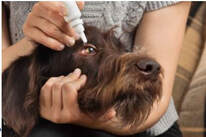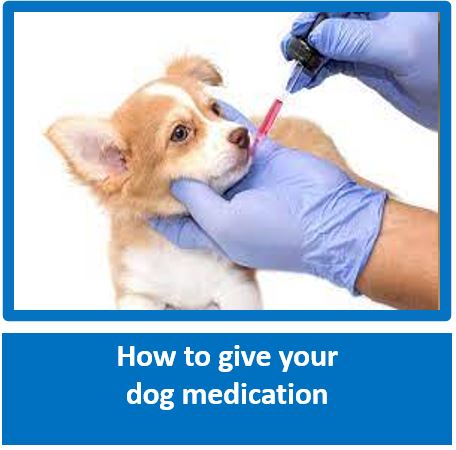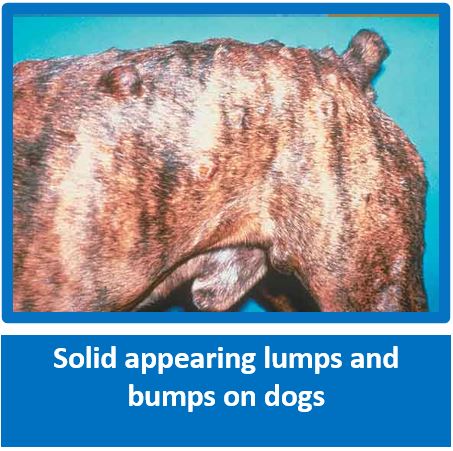
GENRIC Pet Insurance is the most innovative pet insurance product in SA andis designed to cover the unexpected, unforeseen, and fortuitous veterinary costs that cats and dogs kept as household pets may incur as a result of illness or injury. Its development took cognisance of the strengths and weaknesses of other policies and therefore avoids their shortcomings from day one. Vet expenses can be very high, especially if any type of operation or specialist care is involved. Ensure that your pet is covered in the event of any unexpected, and unforeseen accidents, any operations. Visit our website at www.genericpet.co.za
Can Dogs Give Humans Pink Eye?
www.azpetvet.com - really great website, with articles on countless topics, plus a list of their animal hospitals throughout the US
www.azpetvet.com - really great website, with articles on countless topics, plus a list of their animal hospitals throughout the US
 pic - www.azpetvet.com . nov21
pic - www.azpetvet.com . nov21
Pink eye (conjunctivitis) in dogs is just as unpleasant as it is for humans and, unfortunately, is just as common as well. Humans often experience pink eye due to a variety of factors, including viruses such as the common cold, bacteria, external irritants, and parasites.
What Is Pink Eye in Animals?
Pink eye (conjunctivitis) in dogs has similar causes and symptoms to pink eye in humans. Pink eye is the inflammation of the tissue that coats the eye, also known as the conjunctiva. This inflammation of the small blood vessels makes the vessels more visible, giving the whites of the eyes a reddish or pink tone.
Dogs of all ages are susceptible to pink eye, and it can sometimes appear on its own. Another cause would be an underlying eye condition. While the infection typically starts in one eye, in rare cases, it may become contagious, and can spread to the uninfected eye. If you suspect your dog is suffering from pink eye, it is essential to have your pup examined by a professional. They can determine the type, cause, severity, and then recommend a course of treatment so your furry friend can get back to top-notch health again.
The main types of pink eye in animals include infectious and non-infectious. Causes of both infectious and non-infectious pink eye in dogs can include:
● Dust mites
● Pollen
● Virus
● Mold
● Drugs
● Upper respiratory infection
● Inflammation of the tear duct
Symptoms of Pink Eye in Dogs
If you suspect your furry friend is suffering from symptoms caused by pink eye, it’s crucial to have your pup examined by a vet. A professional will be able to determine which form of pink eye your dog is suffering from and recommend the best treatments to combat the infection. Symptoms of pink eye in dogs include:
● Redness
● Watery eyes
● Eyelids that are stuck together
● Pawing at eyes
● Stringy discharge
● Crusty eyelids
Can Dogs Give Humans Pink Eye?
In rare cases, a dog can give a human pink eye. Likewise, if you are suffering from pink eye, it’s a possibility for you to transfer the infection to your beloved friend. Although pink eye is usually not contagious, It’s still just as important to take preventative measures in order to protect your dog, yourself, and other individuals, as well as any of your pup’s pals.
Preventing the Spread of Pink Eye
If you are suffering from pink eye, it’s imperative to take specific steps to prevent the spread of the infection to others around you, including your furry friend. Be sure to wash your hands frequently throughout the day to avoid spreading the infection onto other surfaces. In general, it’s best to avoid touching your eyes during the healing process. However, if you do touch your eyes, it’s important to immediately and thoroughly wash your hands afterward.
If your pup has pink eye, always wash your hands whenever they come into contact with the infected area. When removing any discharge from your dog’s eye, try using a cotton ball to reduce skin-on-skin contact. However, it’s always best to still wash your hands after.
For added prevention, you can also clean any surfaces that regularly come into contact with your pup’s face to reduce the risk of the infection spreading. However, as long as you practice good hygiene by washing your hands regularly, you should be safe.
Pink eye in dogs can be caused by several underlying and unforeseen factors. Left untreated, pink eye can have long-term effects on your dog’s health and vision. If you suspect your furry friend is suffering from any of the symptoms of pink eye, it’s important to schedule an appointment with your local veterinarian. A professional will be able to determine the cause of the infection, as well as prescribe the best treatment so your pup can recover and get their health back on track.
Need a good vet? Visit AZPetVet.com/locations to find one near you!
What Is Pink Eye in Animals?
Pink eye (conjunctivitis) in dogs has similar causes and symptoms to pink eye in humans. Pink eye is the inflammation of the tissue that coats the eye, also known as the conjunctiva. This inflammation of the small blood vessels makes the vessels more visible, giving the whites of the eyes a reddish or pink tone.
Dogs of all ages are susceptible to pink eye, and it can sometimes appear on its own. Another cause would be an underlying eye condition. While the infection typically starts in one eye, in rare cases, it may become contagious, and can spread to the uninfected eye. If you suspect your dog is suffering from pink eye, it is essential to have your pup examined by a professional. They can determine the type, cause, severity, and then recommend a course of treatment so your furry friend can get back to top-notch health again.
The main types of pink eye in animals include infectious and non-infectious. Causes of both infectious and non-infectious pink eye in dogs can include:
● Dust mites
● Pollen
● Virus
● Mold
● Drugs
● Upper respiratory infection
● Inflammation of the tear duct
Symptoms of Pink Eye in Dogs
If you suspect your furry friend is suffering from symptoms caused by pink eye, it’s crucial to have your pup examined by a vet. A professional will be able to determine which form of pink eye your dog is suffering from and recommend the best treatments to combat the infection. Symptoms of pink eye in dogs include:
● Redness
● Watery eyes
● Eyelids that are stuck together
● Pawing at eyes
● Stringy discharge
● Crusty eyelids
Can Dogs Give Humans Pink Eye?
In rare cases, a dog can give a human pink eye. Likewise, if you are suffering from pink eye, it’s a possibility for you to transfer the infection to your beloved friend. Although pink eye is usually not contagious, It’s still just as important to take preventative measures in order to protect your dog, yourself, and other individuals, as well as any of your pup’s pals.
Preventing the Spread of Pink Eye
If you are suffering from pink eye, it’s imperative to take specific steps to prevent the spread of the infection to others around you, including your furry friend. Be sure to wash your hands frequently throughout the day to avoid spreading the infection onto other surfaces. In general, it’s best to avoid touching your eyes during the healing process. However, if you do touch your eyes, it’s important to immediately and thoroughly wash your hands afterward.
If your pup has pink eye, always wash your hands whenever they come into contact with the infected area. When removing any discharge from your dog’s eye, try using a cotton ball to reduce skin-on-skin contact. However, it’s always best to still wash your hands after.
For added prevention, you can also clean any surfaces that regularly come into contact with your pup’s face to reduce the risk of the infection spreading. However, as long as you practice good hygiene by washing your hands regularly, you should be safe.
Pink eye in dogs can be caused by several underlying and unforeseen factors. Left untreated, pink eye can have long-term effects on your dog’s health and vision. If you suspect your furry friend is suffering from any of the symptoms of pink eye, it’s important to schedule an appointment with your local veterinarian. A professional will be able to determine the cause of the infection, as well as prescribe the best treatment so your pup can recover and get their health back on track.
Need a good vet? Visit AZPetVet.com/locations to find one near you!




